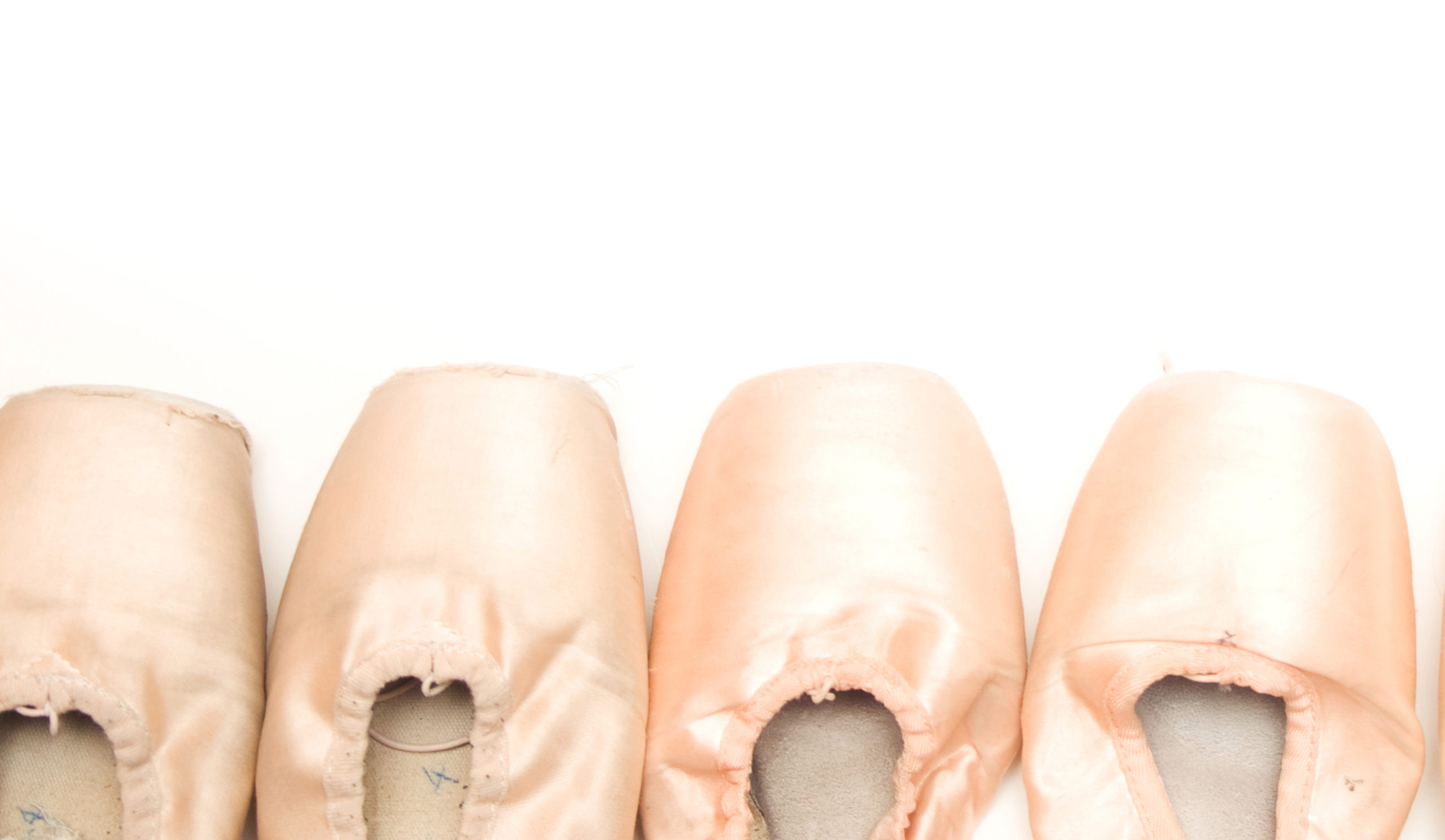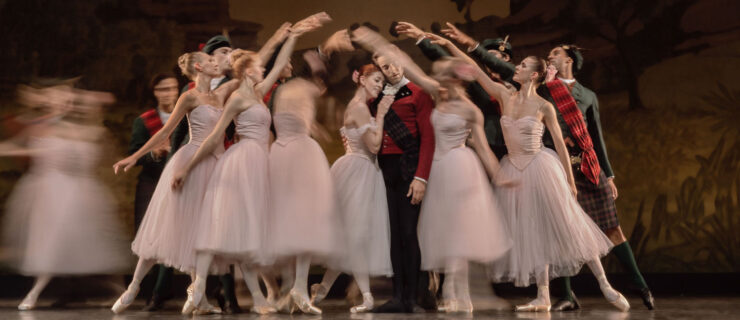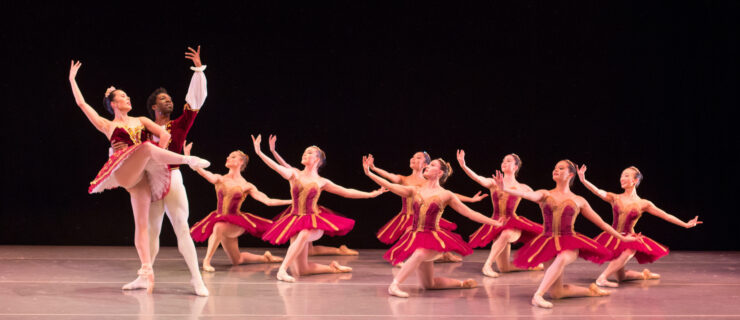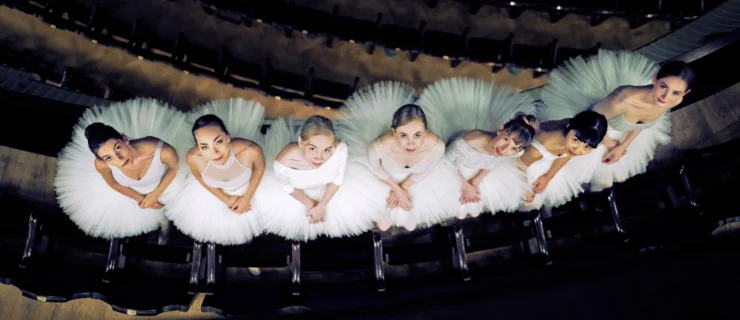Should we believe all the critics?
I was recently talking with my parents about Alexei Ratmansky’s new Nutcracker, which he’s choreographing for ABT. It’s coming to the Brooklyn Academy of Music in December, and I for one can’t wait to see it. By all accounts, it will be more grown-up, with a fresh, yet classical approach to the story. How exciting! My mother didn’t agree, though. With a dubious look, she said “let’s wait and see what the critics have to say.” Now, with all due respect, Mom, I have to disagree with you. I think it’s imperative NOT to wait until the critics publish their opinions. I think paying too close attention to what critics have to say about a performance that you are anticipating with pleasure and excitement would ruin the experience. I really don’t like it when I read a negative criticism of a dancer I really like, or of a ballet I love. It disappoints me somehow, and influences that way I watch the dancer or the piece the next time I see them. I’m looking for the flaws that were pointed out to me, instead of enjoying the experience, and I think, “should I believe what they say too?”
As a ballet dancer, it’s impossible to avoid critics. They are everywhere: Teachers, parents, other students, and even yourself, the most constant critic. I have found, though, that because it’s fruitless to try and get away from people that have an opinion about your dancing, it’s imperative that you don’t let yourself believe all of it. Just like reading a piece that trashes a ballet or a dancer you admire will affect your perception of them, believing everything you hear about yourself will ultimately affect the way you feel about dancing. I’m not saying that you shouldn’t pay attention to what your teachers tell you, but it’s very important to learn to tell the differnce between criticism that will improve your dancing, and that which will just bring you down. You have to be able to honestly acknowledge your flaws and weaknesses as a dancer, and find teachers and coaches whose corrections and methods you trust to improve them. Often, it will be just one or two teachers that can make all the difference for you, and those are the voices you should be hearing.
Everything else is just noise. Tune out the static and revel in the peace and joy that follows.





